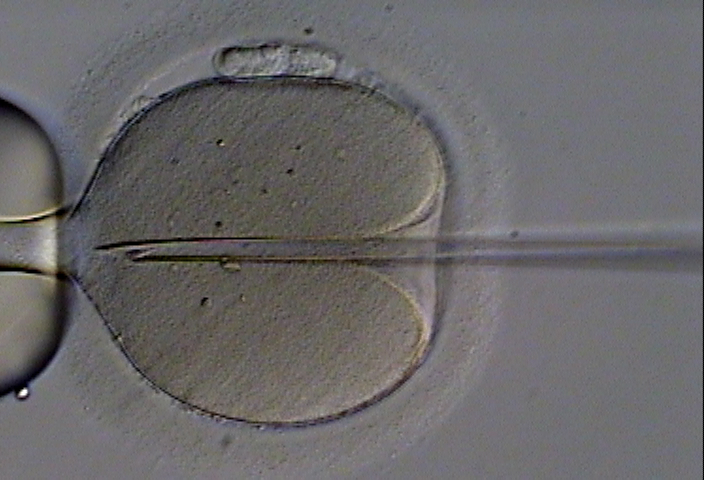Aggregated News

Researchers have erased a genetic glitch that causes heart defects in dozens of human embryos with surprising success, fixing the problem 72% of the time. It is the first study to use the controversial CRISPR gene-editing technology in a large number of normal human embryos.
The hottest invention in biology, CRISPR allows scientists to cut out and replace genes. About 40 nations, including the US and the UK, effectively prohibit or outlaw using the method to genetically engineer babies.
But the new study, published in Nature, suggests that CRISPR might work as an aid to fertility clinic screening for dangerous inherited diseases, relying on a previously unknown ability of human embryos to swiftly repair their genes.
“I’m very surprised,” study coauthor Jin-Soo Kim of Seoul National University said in a briefing for reporters on the already widely discussed and speculated-about study, a collaboration between US, Chinese, and South Korean researchers.
Kim and his colleagues injected the CRISPR gene fix into dozens of donor eggs, alongside sperm from a man who is a carrier for a heart defect linked to cardiomyopathy...



